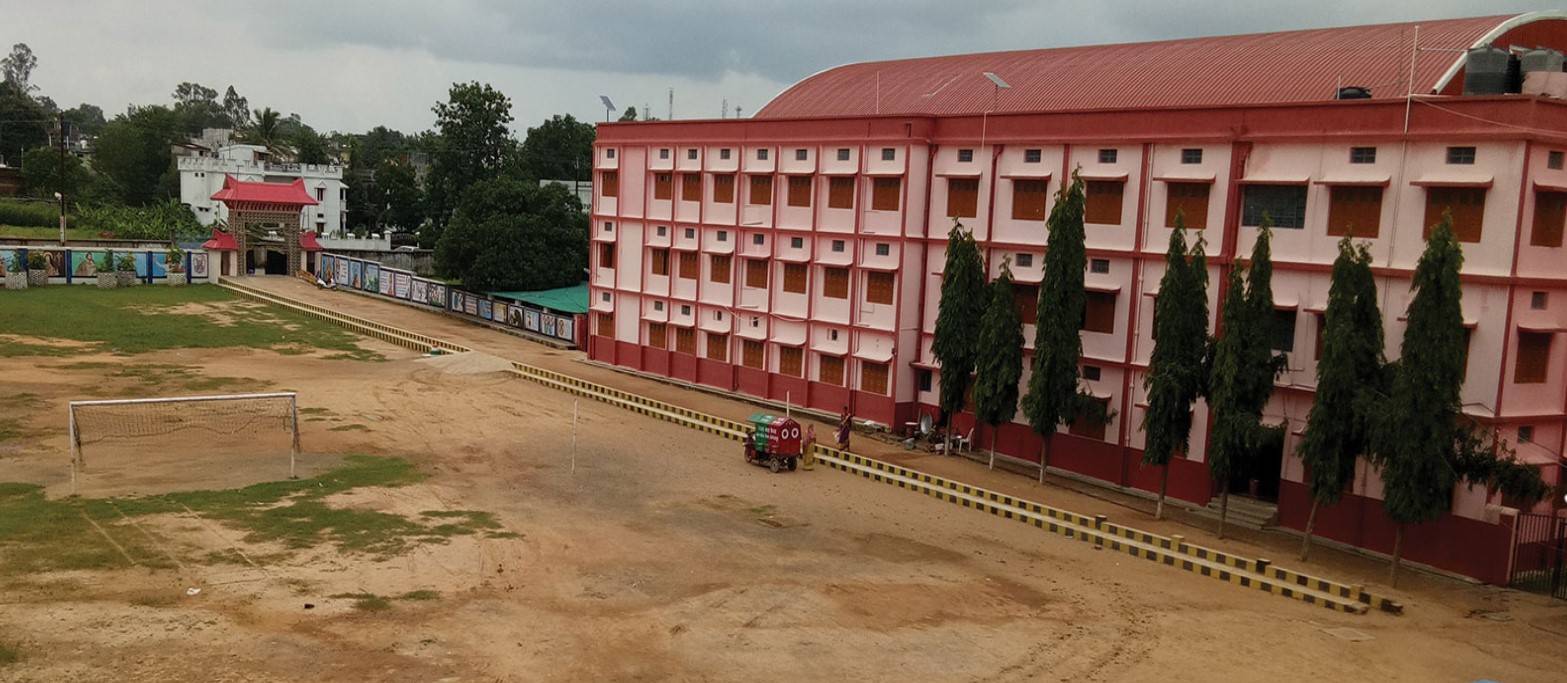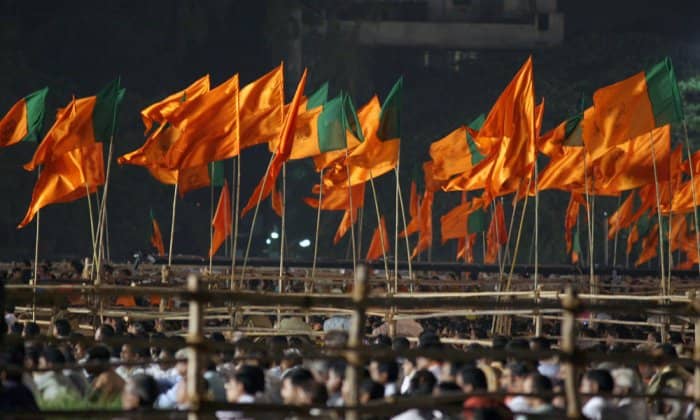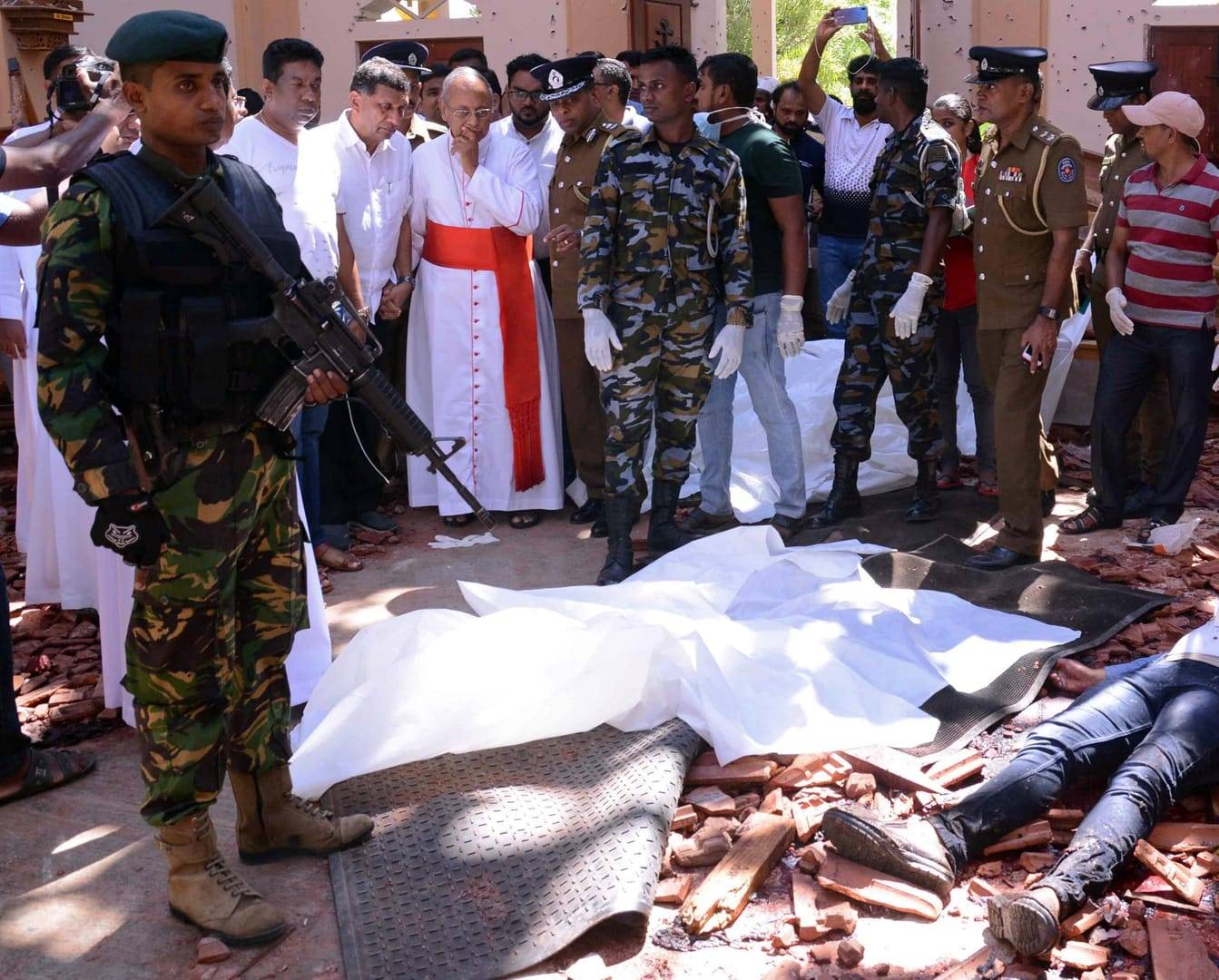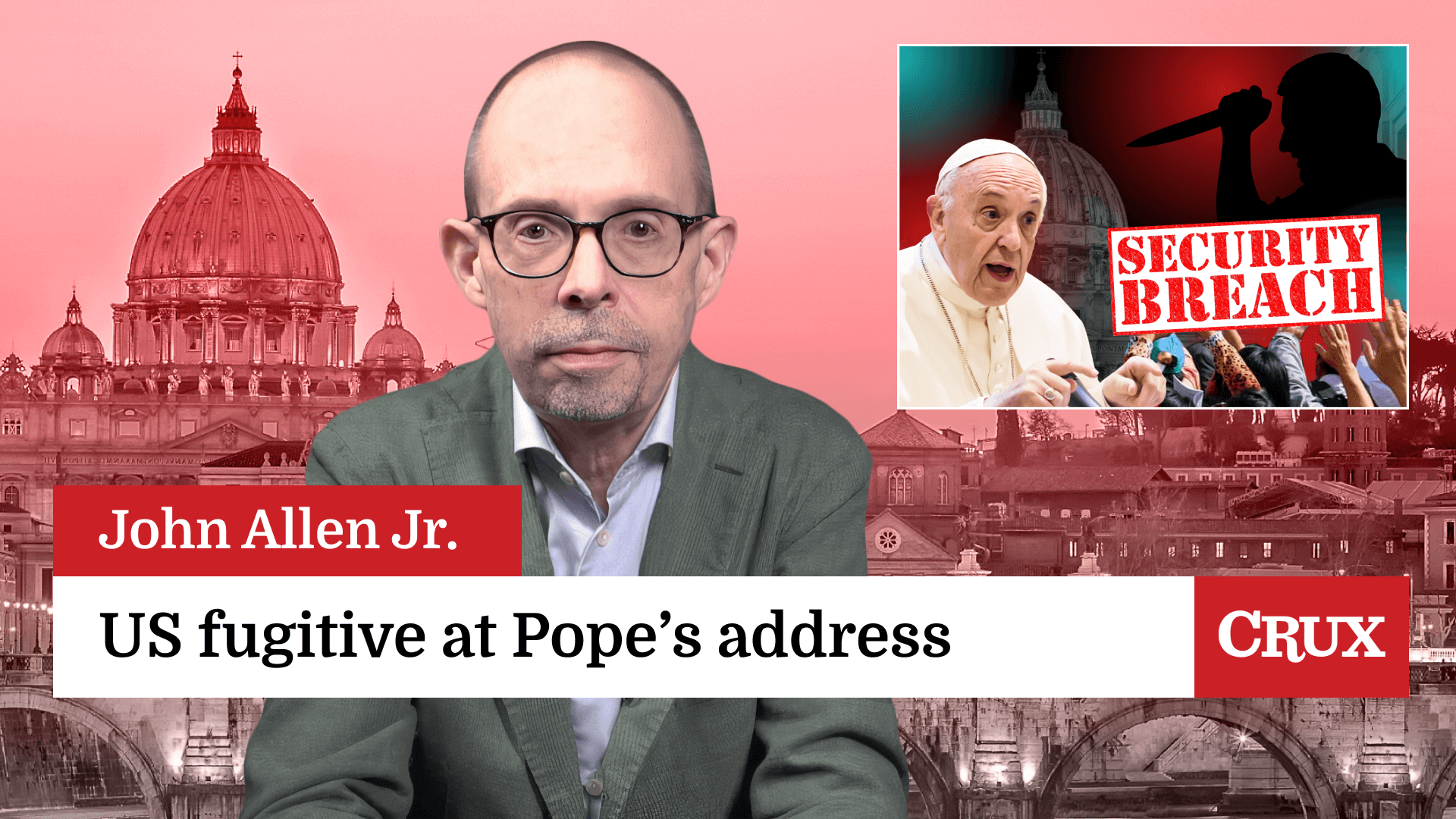MUMBAI, India – Bangladeshis want candidates to “tackle corruption” and guarantee good governance, the country’s top Catholic says.
Cardinal Patrick D’Rozario, the Archbishop of the Dhaka, spoke to Crux ahead of the Dec. 30 elections for parliament, the 11th general election since Bangladesh gained its independence from Pakistan in 1971.
Prime Minister Sheikh Hasina is seeking a third consecutive term. The main opposition leader, former Prime Minister Khaleda Zia, is currently in jail, but she told her supporters to participate in the poll. Her party is part of the National Oikya Front, which is led by lawyer Kamal Hossain.
On Sunday, the government said Zia is not allowed to run for office herself, since she was sentenced to a jail term.
RELATED: Cardinal’s pastoral visit to Bengalis in North America ‘inspires’ community
Fierce rivals Hasina and Zia are known as the “Battling Begums” and have alternatively ruled the country since 1991, although Hasina has held the upper hand for a decade.
“Our prime minister has opened the door for dialogue with all political parties. In September, she met all political parties,” D’Rozario said.
In 2014, Zia’s party boycotted the poll after objecting to the fact that Hasina didn’t allow a non-partisan interim government to be established to run the elections. Earlier this year, the opposition leader was jailed on corruption charges her supporters claimed were trumped up.
“This election will have the participation of all parties, the opposition parties have made alliances …for a fair election,” the cardinal continued. “While there’s apprehension of the Government’s role, things will go smoothly.”
Last month, the country’s electoral commission pushed back the vote by a week, to give the opposition more time to organize.
The opposition has been hampered after the Islamist Jamaat-e-Islami party, the main partner of Zia’s party, was banned from participating in the election over its opposition to the country’s war of independence in 1971. Several of its leaders have been executed over the past five years for war crimes committed during the conflict.
D’Rozario said the voters are interested in bringing accountability and transparency to politics.
“The country has been developing in the past years, but corruption is a major issue. People would like the parties to commit to tackle corruption and people are interested in good governance,” the cardinal said.
RELATED: Religious liberty seen as key to societal advancement around the world
Over 86 percent of Bangladesh’s 163 million people are Muslim, with Hindus making up 12 percent of the population.
Christians make up just 0.5 percent of the population and there are only around 400,000 Catholics in the country.
However, the profile of the small Christian minority was significantly raised when Pope Francis visited Bangladesh one year ago.
However, D’Rozario said the Church will not offer advice on which party to support – just nonpartisan voting guidelines. These will be released later this month, after the parties release their manifestos.
However, he said one issue is of particular concern to Christians: Religious liberty.
“Religious freedom for all minorities must be assured by all political parties. Minority rights must be protected, which include the right to worship, and protection of life and property,” the cardinal said.
One issue that the cardinal said will not figure greatly in the election is the 1.1 million Rohingya refugees in the country.
RELATED: A year after fleeing Burma, Rohingya refugees face uncertain future
The Muslim population has been fleeing violence in neighboring Buddhist-majority Myanmar and is one of the largest humanitarian crises of the past few years.
“The Rohingyas are not an issue in this election. the Rohingas are well taken care of. However, there is a kind of movement among the refugees not to go to Myanmar without guarantees” for their safety, the cardinal told Crux.
On Nov. 11, the office of the UN High Commissioner for Refugees said it does “not believe current conditions in Rakhine State are conducive to the voluntary, safe, dignified, and sustainable return of refugees from Bangladesh.”
Caritas Bangladesh is one of the major supporters of the refugees, giving aid to over 360,000 Rohingyas.
The Catholic aid organization provides food, household items, and makeshift shelters to vulnerable families in the various camps set up to house the refugees.


















